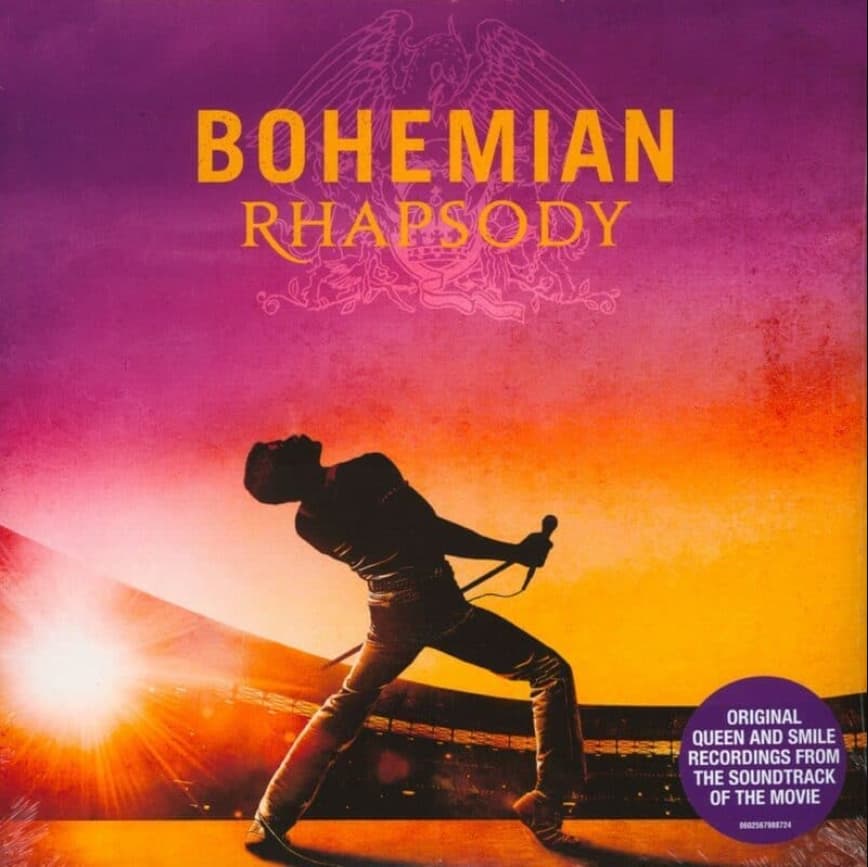
A Timeless Classic: Queen’s “Bohemian Rhapsody”
“Bohemian Rhapsody” by the British rock band Queen is an iconic song that has left an indelible mark on the music world since its release as the lead single from their fourth studio album, A Night at the Opera (1975). Crafted by the band’s enigmatic lead singer, Freddie Mercury, this six-minute suite defies conventional song structures, weaving together an eclectic mix of styles that include an intro, a ballad segment, an operatic passage, a hard rock section, and a reflective coda. The song’s unique format and intricate composition have made it one of the few progressive rock songs from the 1970s to achieve mainstream success.
Mercury described “Bohemian Rhapsody” as a “mock opera,” the result of fusing three distinct songs he had written. The recording process, co-produced with Roy Thomas Baker, was a monumental effort, taking place across five studios between August and September 1975. Due to the limitations of the recording technology of the time, the band had to bounce the tracks across eight generations of 24-track tape, requiring nearly 200 tracks for overdubs. The song parodies elements of opera with its bombastic choruses, sarcastic recitative, and distorted Italian operatic phrases, featuring lyrical references to characters like Scaramouche, Galileo, and Beelzebub, and the cry of “Bismillah!”
Initially, “Bohemian Rhapsody” received mixed reviews from critics. However, over time, it has been celebrated as one of the greatest songs of all time and is often regarded as Queen’s signature song. The groundbreaking promotional video for the song is credited with advancing the development of the music video medium, showcasing the band’s flair for dramatic and theatrical presentation.
The song’s impact is reflected in its impressive chart performance and enduring popularity. It topped the UK Singles Chart for nine weeks upon its release and an additional five weeks following Mercury’s death in 1991, making it the UK’s third best-selling single of all time. It also reached the top of the charts in countries like Canada, Australia, New Zealand, Ireland, and the Netherlands, selling over six million copies worldwide. In the United States, it peaked at number nine in 1976 and achieved a new peak of number two after being featured in the 1992 film Wayne’s World. Its timeless appeal was further cemented when it was inducted into the Grammy Hall of Fame in 2004 and became the most streamed song from the 20th century following the release of the 2018 biopic Bohemian Rhapsody. By 2021, it had been certified diamond in the US for combined digital sales and streams totaling 10 million units, solidifying its status as one of the best-selling songs of all time.
“Bohemian Rhapsody” remains a testament to Queen’s innovative spirit and Mercury’s extraordinary vision. Its fusion of diverse musical elements, coupled with its theatrical and operatic flair, continues to captivate audiences around the world. The song’s legacy as a groundbreaking and timeless classic is undeniable, reflecting the band’s lasting influence on the music industry and popular culture.